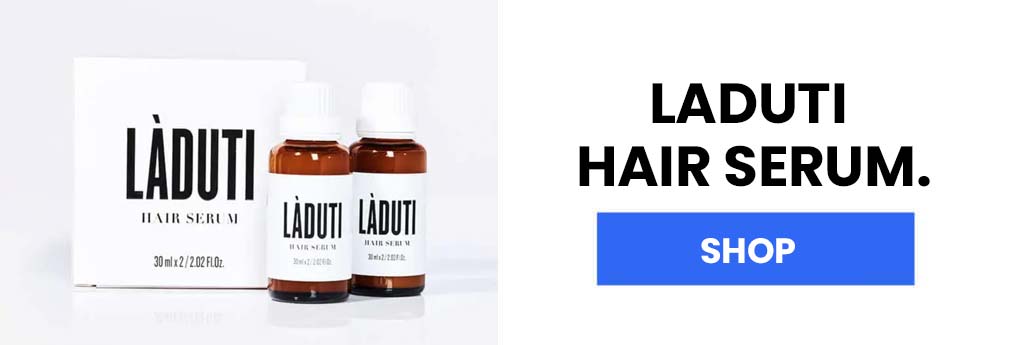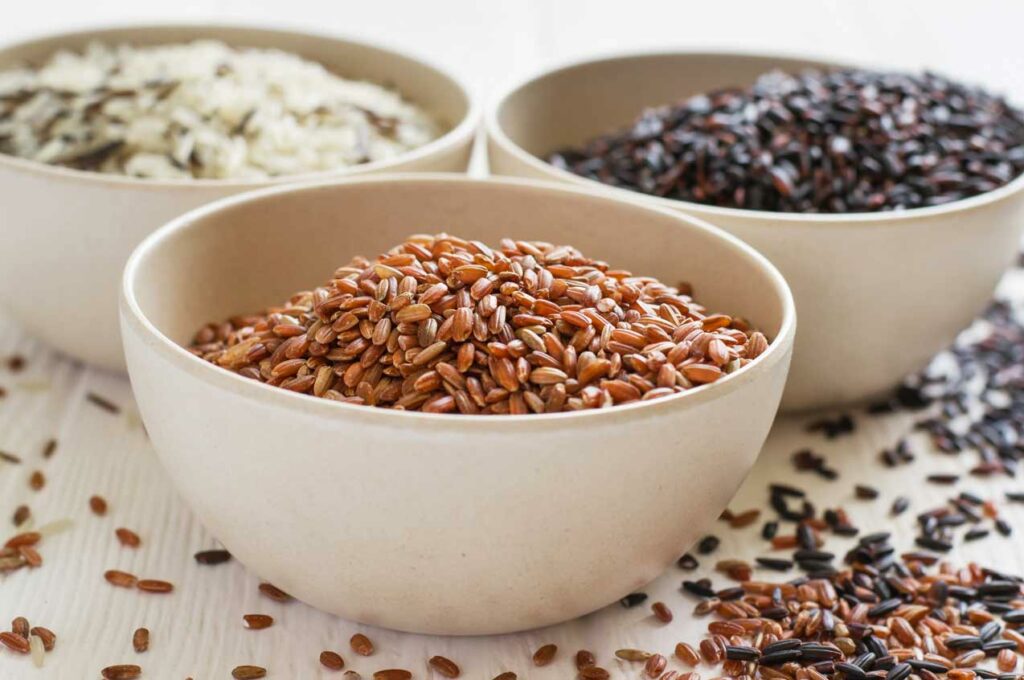No question: Strong Hair loss Hair loss is not only a nuisance, it can also significantly reduce self-confidence. Often people are desperately looking for solutions that can quickly put the brakes on hair loss. Astaxanthin could help! As a natural substance, it is relatively harmless and is therefore used in the form of various food supplements, most of which also contain minerals such as Zinc and vitamins. In this article we will explain exactly what astaxanthin is, how it works and whether it really helps with hair loss. We will also tell you about possible side effects of the food supplement and what you should be aware of!
What is astaxanthin actually?
Astaxanthin is a natural substance that belongs to the group of carotenoids. Its structure is similar to that of beta-carotene. It is extracted from algae and crustaceans. Astaxanthin is not approved as a medicine, but it is often used as a dietary supplement in addition to conventional medical treatment. Astaxanthin is usually taken in the form of capsules. The effect against hair loss has not yet been medically proven. However, its antioxidant properties definitely have a positive influence, as Hair loss also due to oxidative stress arises.
One disadvantage of astaxanthin: Due to its poor water solubility, the active ingredient is only absorbed with difficulty in the intestine. If it is taken over a longer period of time, a doctor should be consulted in any case.
How does astaxanthin affect the hair?
Free radicals often contribute to hair loss. And since astaxanthin is one of the most powerful antioxidants, it can help against hair loss and reduce the Stimulate hair growth from the inside. However, a scientific confirmation of this theory is still pending. However, those affected report in various internet forums that their hair loss improved significantly when they took astaxanthin as a dietary supplement over a longer period of time.
This is how astaxanthin affects the entire body!
Astaxanthin works in many different places: Because it acts as a highly effective antioxidant, it can prevent damage to cells. Oxidative stress is reduced and thus premature cell ageing is reduced. Research indicates that astaxanthin can reduce severe cell damage that might otherwise have even triggered cancer. Astaxanthin also prevents the release of certain inflammatory messengers in the body. The effect is similar to cortisone and anti-allergic agents. However, it is somewhat weaker. This effect is particularly interesting for people who suffer from asthma.
Astaxanthin is also popular in the treatment of diabetes. Astaxanthin also lowers blood pressure by dilating the blood vessels. It also reduces the rate at which the heart functions in various cardiovascular diseases. It also reduces vascular deposits that can lead to blood clots. Astaxanthin also serves to speed up muscle recovery after exercise. And: The skin becomes more resistant to damage from UV light. Sperm quality is also said to be improved and the immune system strengthened. Manufacturers of food supplements often advertise that astaxanthin protects the retina of the eye. At least this is what animal studies have shown. Studies on humans are still pending.
How astaxanthin is used
Mostly astaxanthin is sold as a food supplement. Most products are capsules that are to be taken daily with plenty of water. As with the well-known beta-carotene, this active ingredient is also more easily absorbed in the intestine if a fatty food is consumed at the same time. Foods with valuable omega fatty acids are best suited for this. Astaxanthin capsules usually have a dose of one to two milligrams, whereby one capsule should be taken per day. Important: A balanced diet is important for your overall health and cannot be replaced by even the best dietary supplement!
Caution: Astaxanthan has these side effects!
Since it is a natural substance that occurs mainly in crustaceans, it should be checked before taking preparations whether there is an allergy to crustaceans. If this is the case, it is essential to check where exactly the contained astaxanthin comes from before taking it. Because if it was obtained from crustaceans, there could be residues in the supplement that can trigger a severe allergic reaction. Studies have proven that an eight-week intake of six milligrams of astaxanthin obtained from an alga is completely safe and without side effects.
People who regularly take other medicines or drugs against various diseases should always consult a doctor before taking astaxanthin. Astaxanthin affects the liver enzymes and can thus negatively influence the function of other medicines. Apart from this, no other side effects are known. However, as there are no research results on children and adolescents or pregnant and breastfeeding women, these groups of people should definitely talk to their doctor before taking astaxanthin.
This is how Laduti Hair Serum helps against hair loss!
If you want to play it safe and don't want to deal with annoying side effects, then you'd better try the Laduti Hair Serum for hair loss. It will be highly effective, fast and safe with no side effects! Laduti penetrates deep into the scalp and provides the hair roots with the valuable Power Vitamin Biotin. Also included are natural ingredients such as Rosemaryginseng or hyaluronic acid.
The hair serum boosts hair growth in the long term and also provides a beautiful shine to the hair! The hair follicles are strengthened from the inside, making the hair structure more resistant. Laduti is free of hormones and does not contain any Minoxidilwhich can often cause side effects. Our product has been dermatologically tested and rated "very good". That's why you should definitely give it a try!

FAQ
How long does it take for astaxanthin to work?
The effect should start after one to two weeks, as the active ingredient first has to collect in the body and store in the cells.
Can you overdose on astaxanthin?
Unfortunately, yes. An overdose of food supplements containing carotenoids can be associated with risks. Therefore, you should always follow the information in the package leaflet and consult your doctor in case of doubt.
I have heard that astaxanthin is also good for the brain. Is that true?
Yes, astaxanthin protects the neurons in the brain and can thus slow down their age-related deterioration. It also has an antioxidant effect in the brain and activates certain enzyme systems that ward off oxidative stress.

